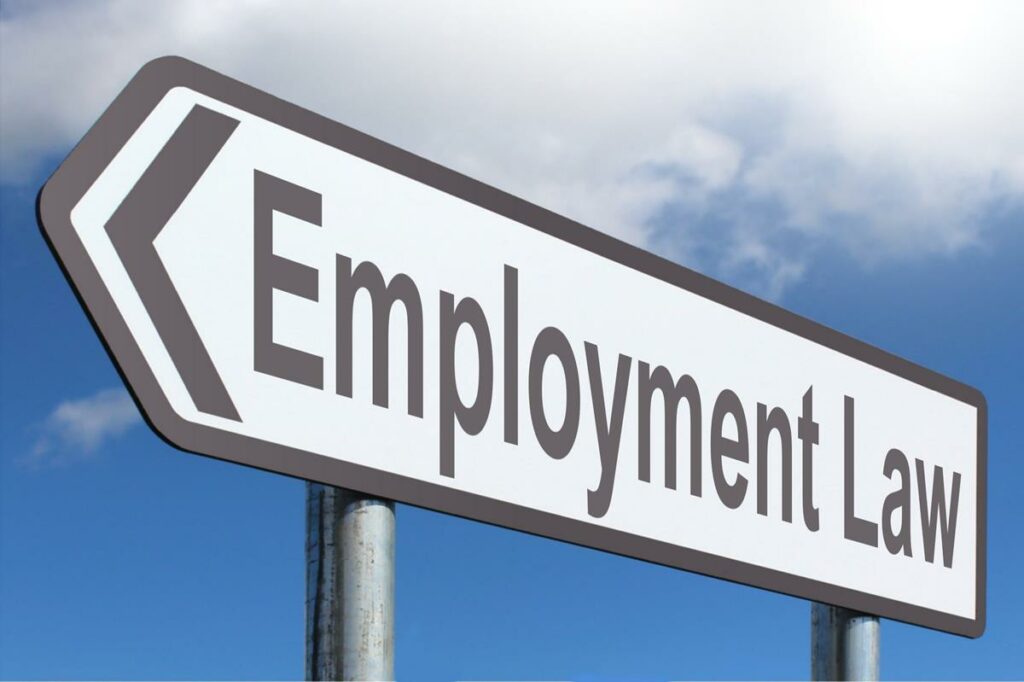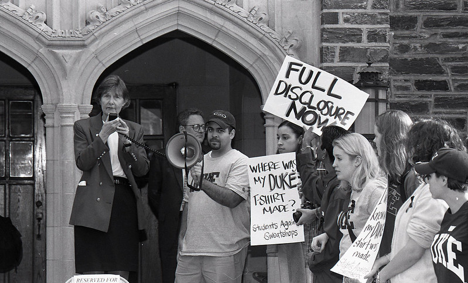
At the same time that union density in the United States has declined and labor law has withered, employment law has flourished, proliferating at the subnational level and expanding into new substantive domains (see Figures 1 and 2 below).
As a result, for the vast majority of 21st century workers, what rights and protections remain come not from labor law and the mechanism of collective bargaining, but from employment laws and the mechanisms of regulation and litigation.
Continue Reading…








